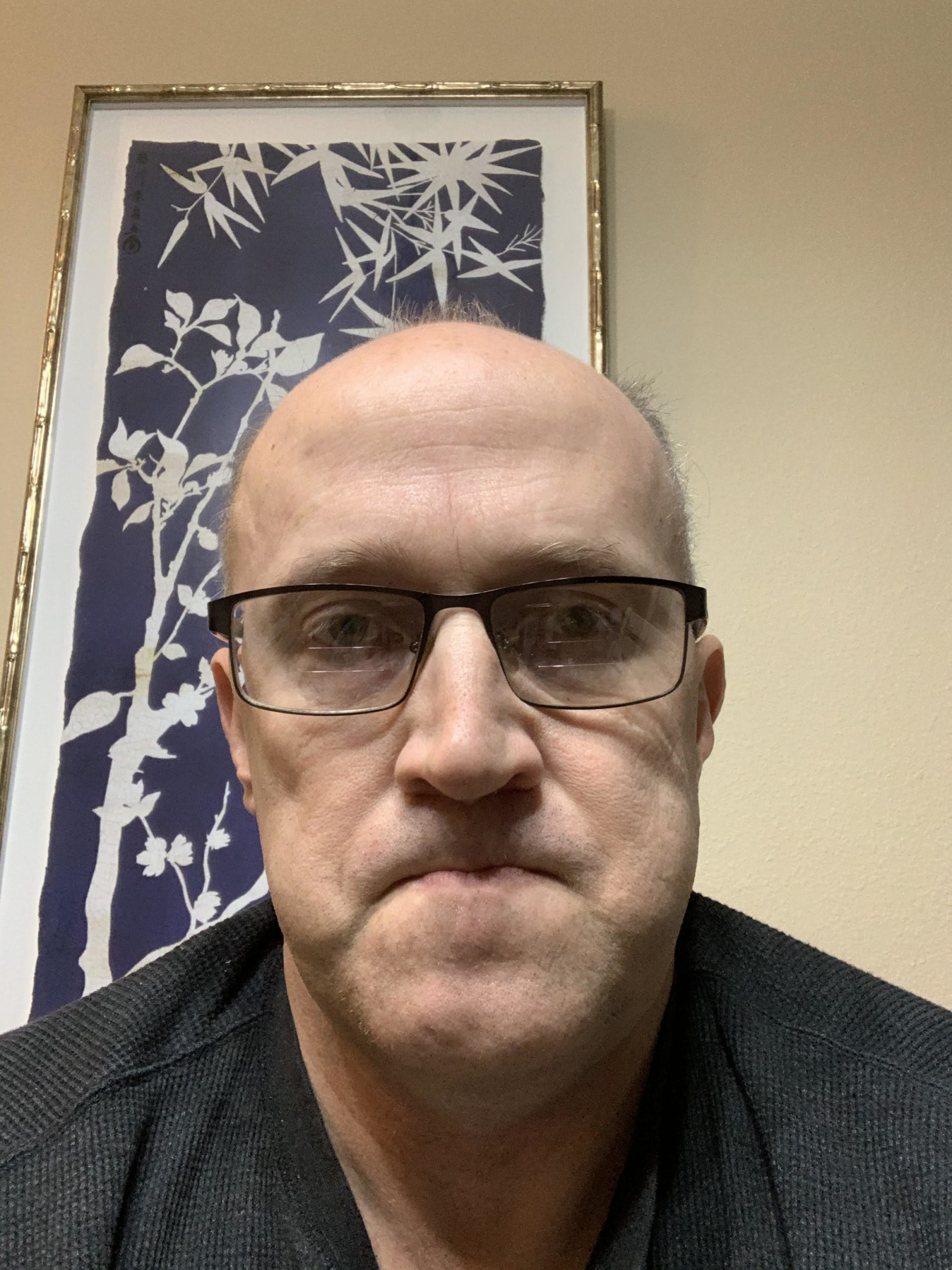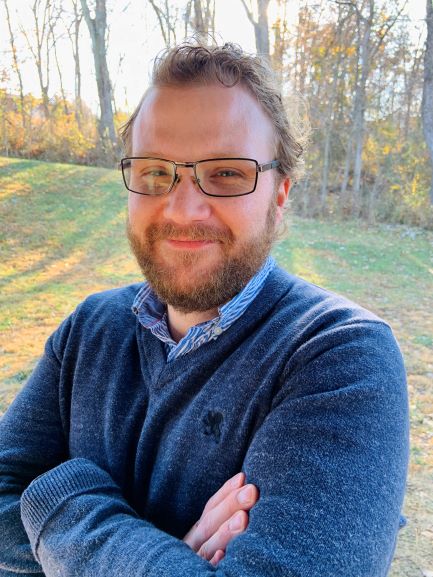When Heroic Force Fails: Trickster Stories Show the Way
Speaker(s):
Presentation:
Hero stories are gaining more attention in culture, through superhero movies, focus on the hero’s journey, and even Trauma-Informed-Care asking, “What happened to you?” as a healing element. All alone, such healing focus on a hero’s power can become imbalanced, however, leading to narrow vision, hyper-masculinity and estrangement from community. Who can help? None other than the misunderstood character known as the trickster. A disruptor, fool, and seemingly evil, the trickster is also a creator. The trickster ways can be especially important today as many problems don’t respond well to typical forceful means.
Using a djembe drum, the presenter will tell stories of heroes and tricksters from many cultures. He will compare heroes and tricksters to show how they complement each other in healing. The feminine in story will also be discussed, in the form of female protagonists and helpers and in action that balances masculine energy. The audience will learn the value of stories as containers for healing in three ways: through deeper, meaningful connections to self and others; through emergent insight and creativity; and as a guide to embracing non-violent conflict resolution. Focus will be placed on populations within the presenter’s specialties, primarily troubled teens and veterans with PTS.
Objectives:
- Discover how stories connect us more deeply to ourselves and the world
- Experience how stories yield insights and creativity
- Open up non-violent conflict resolutions through stories
Slides and Handouts:






